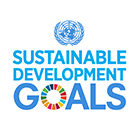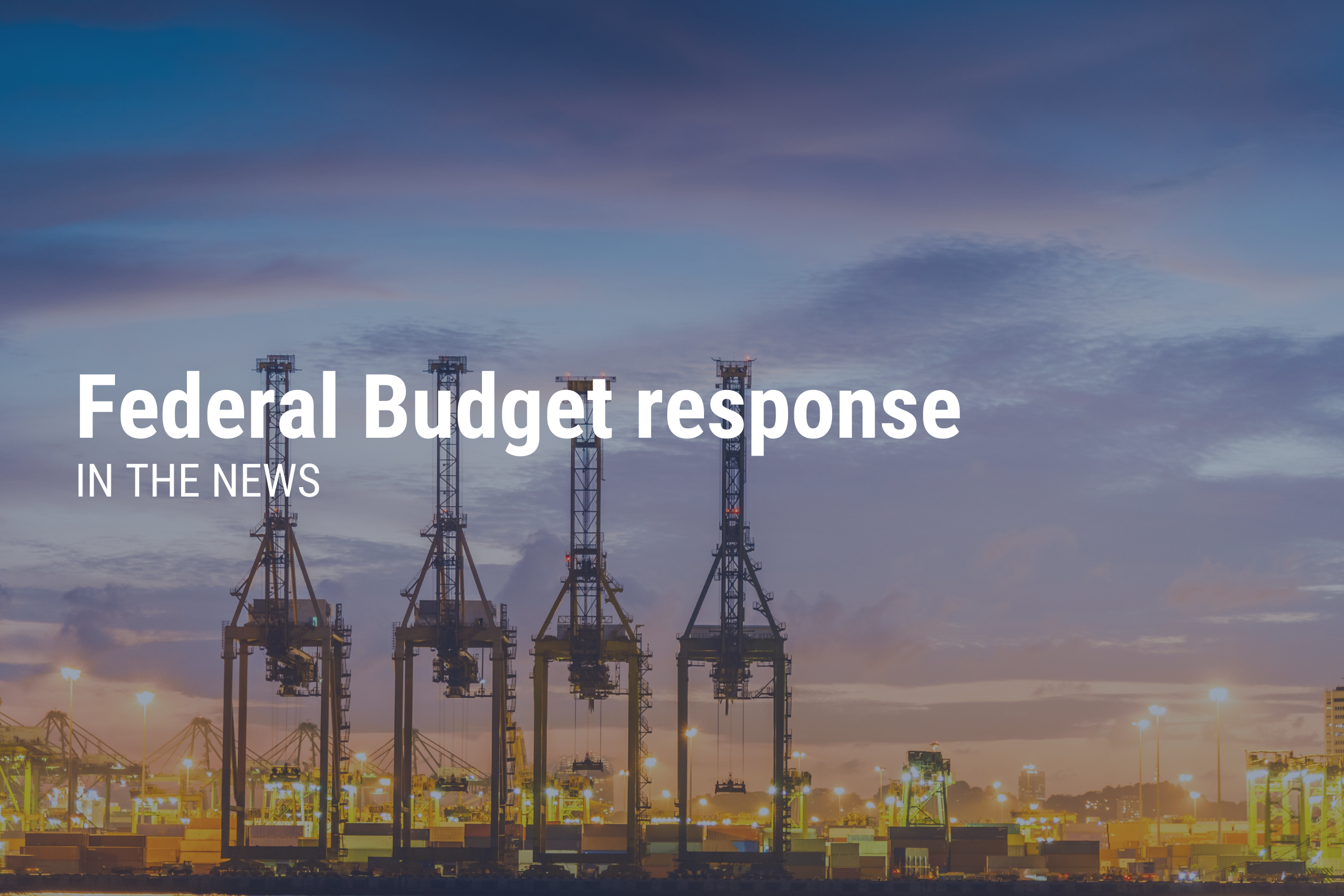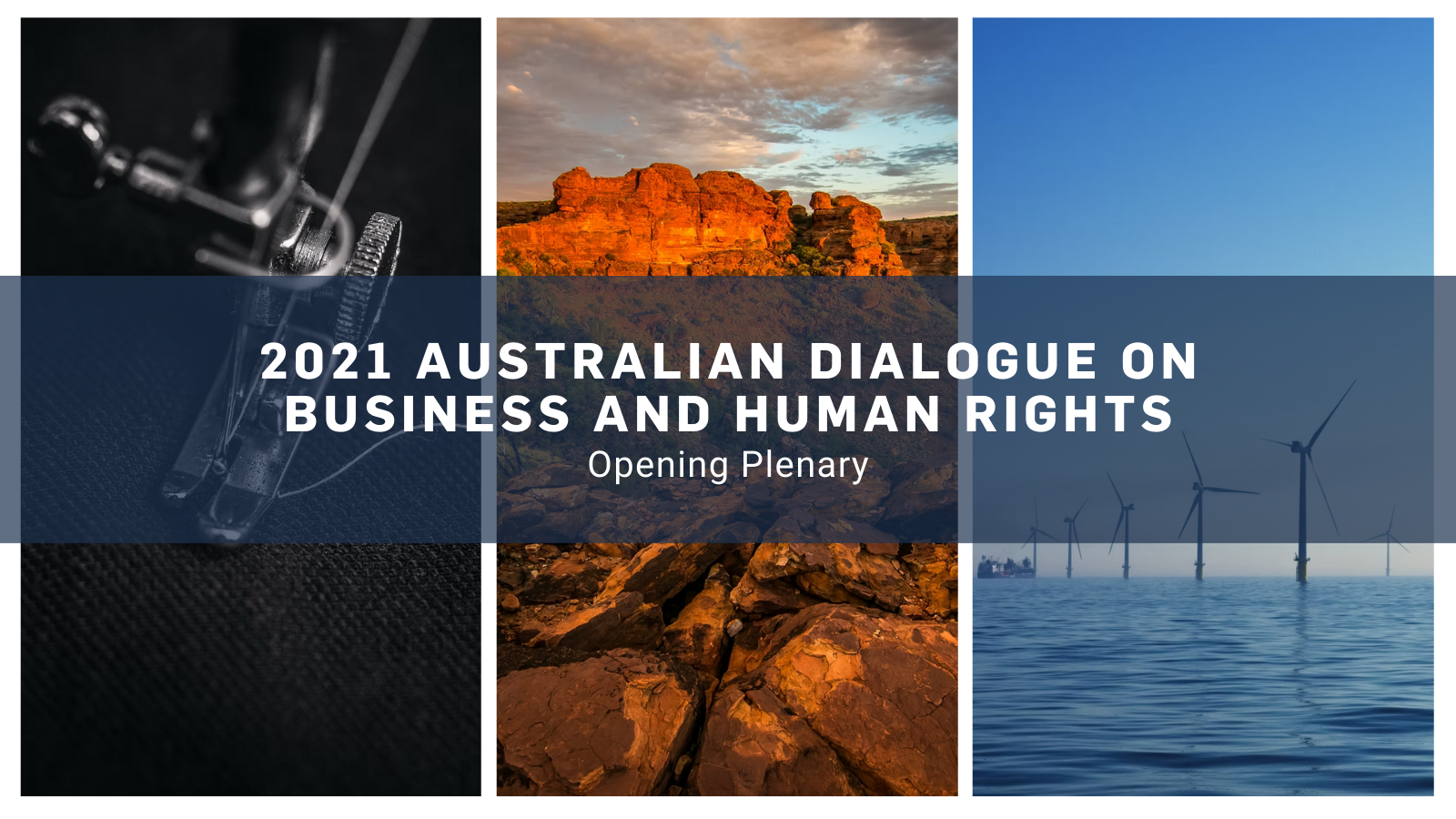
Featured, News, Sustainable Development Goals
Joint statement on the Australian Government and the Sustainable Development Goals
Kylie Porter | April 12, 2019
The GCNA, alongside ACFID, ACOSS, SDSN and UNAA released a joint statement as a group of organisations representing civil society, business, and academia. The Statement calls on all political parties to support the advancement of the Sustainable Development Goals (SDGs) by the Australian Government. The SDGs provide an unprecedented opportunity to tackle issues that matter to all Australians, and we have been pleased to see their importance recognised by the recommendations of the recent Senate Foreign Affairs, Defence and Trade References Committee’s report “United Nations Sustainable Development Goals”. We broadly support the Senate Committee’s recommendations, and, building on these, we here highlight what we consider to be the five most important actions the Australian Government needs to take to advance the SDGs.
We urge the Australian Government to implement the following key actions, which we believe will go a long way to set Australia up to achieve the SDGs’ promise of sustainable development for all:
- Develop a national implementation plan for the SDGs, outlining how Australia will achieve the goals, both in Australia and through our international development assistance. The plan should focus particularly on concrete strategies to address the areas where Australia is performing poorly on the SDGs and to deliver on our commitment to “leave no one behind”.
- Report to Parliament at least every two years on how Australia is tracking against each of the SDGs. The report should be indicator-based and with sufficient level of disaggregation to reveal groups or regions that are being left behind. It would benefit from drawing on the expertise of independent bodies with a focus on sustainable development, such as the National Sustainable Development Council.
- Establish a secretariat to provide ongoing support for effective and coherent implementation of the SDGs within the Government and to help leverage and coordinate action across all sectors. One of the key functions of this secretariat would be to develop and deliver a national public awareness campaign that demonstrates the value of the SDGs for Australia and increases understanding, engagement and commitment to the SDGs.
- Establish a representative, multi-sectoral reference group to advise the existing interdepartmental committee on the implementation of the SDGs. The group should include representatives from civil society, the private sector, state and territory and local governments, and the academic sector.
- Establish direct and indirect funding mechanisms to support the implementation of the SDGs by the Australian Government and by other sectors. These could include allocating funding to addressing priority SDG issues that require direct government investment; establishing a small grants scheme that aims to spur greater levels of engagement and investment by the private sector and civil society into the SDGs; setting up mission-driven funding to spur research and innovation into complex challenges; adopting innovative blended finance approaches that allow Australia to leverage investment from multiple sources to achieve the SDGs; and removing perverse incentives to increase the potential for impact.
Read the full statement here.




